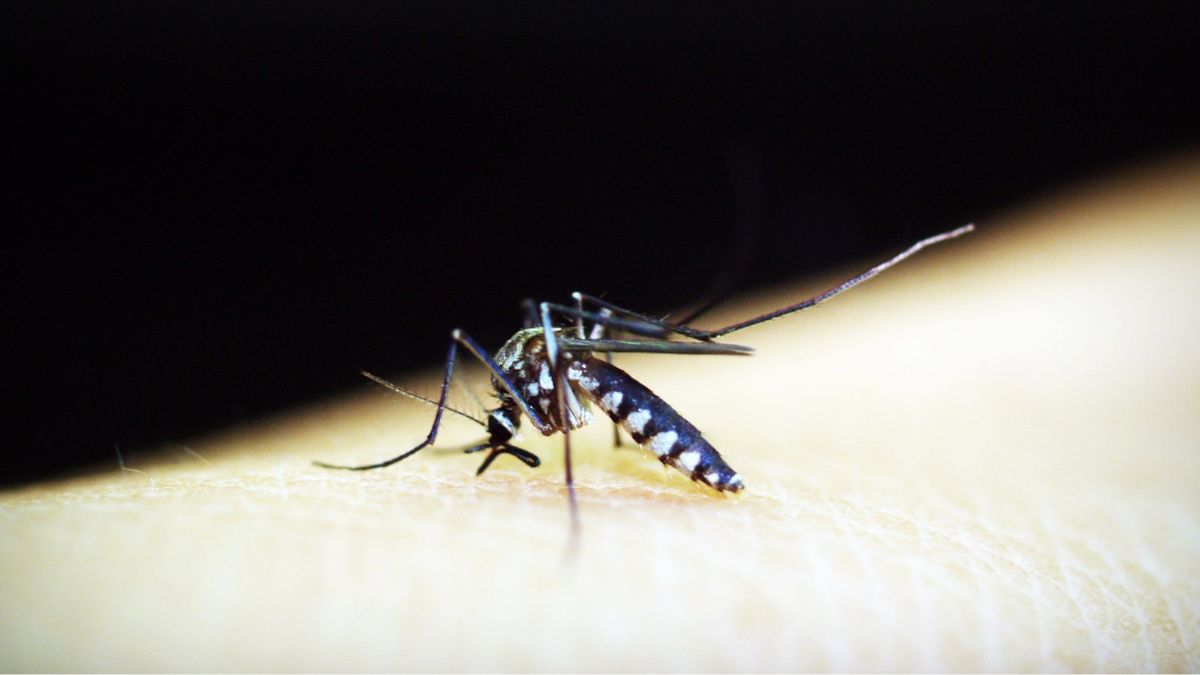In a bid to combat malaria, dengue, chikungunya, and other diseases transmitted by vectors, the Tripura Health Department and Agartala Municipal Corporation collaborated on Wednesday to release larvae-eating fishes into urban waterbodies and sewers.
Goutam Chanda, the Corporator of Ward Number 13 in Agartala Municipality, emphasized during a media briefing in Agartala that the release of these larvivorous fingerlings was conducted across all drains in ward number 13. Chanda appealed to the public to refrain from disposing of waste materials into the drains as it contributes to waterlogging issues.
The mosquito bio-control project in Agartala commenced in 2017 through a collaboration between the Agartala municipal body and the National Vector Borne Disease Control Programme (NVBDCP). The emphasis on maintaining clean sewers and employing biological measures for mosquito control was heightened after the BJP-led government assumed power in 2018.
Earlier in April, Chief Minister Dr. Manik Saha announced the goal of making Tripura malaria-free by 2027 during the Asia Pacific Leaders Conclave on Malaria Eradication 2023 in New Delhi. He outlined a four-point action plan implemented by the government to combat vector-borne diseases like malaria. The strategy includes the use of vector-control sprays, insecticide-treated mosquito nets, deployment of larvivorous fishes for mosquito control, and extensive awareness campaigns about malaria.
‘Gambusia’ fishes have been introduced in various Western countries as part of a bio-control strategy against disease-carrying mosquitoes and flies. Countries such as Australia and California distribute these fishes freely to manage vector-borne diseases. Additionally, other widely distributed tropical freshwater fishes used for this purpose include ‘Guppy’ and ‘Panchak’ fishes.
Various regions in Tripura are endemic to malaria, dengue, and other vector-borne diseases. In 2017, different hospitals in Tripura identified over 5,000 cases of malaria, 80 cases of dengue, and 44 cases of Chikungunya. Moreover, 98 patients were diagnosed with Japanese Encephalitis in the same year.
The state witnessed a malaria outbreak in 2014, resulting in nearly 96 fatalities. Subsequently, in 2016, a total of 14 deaths were recorded due to malaria.
